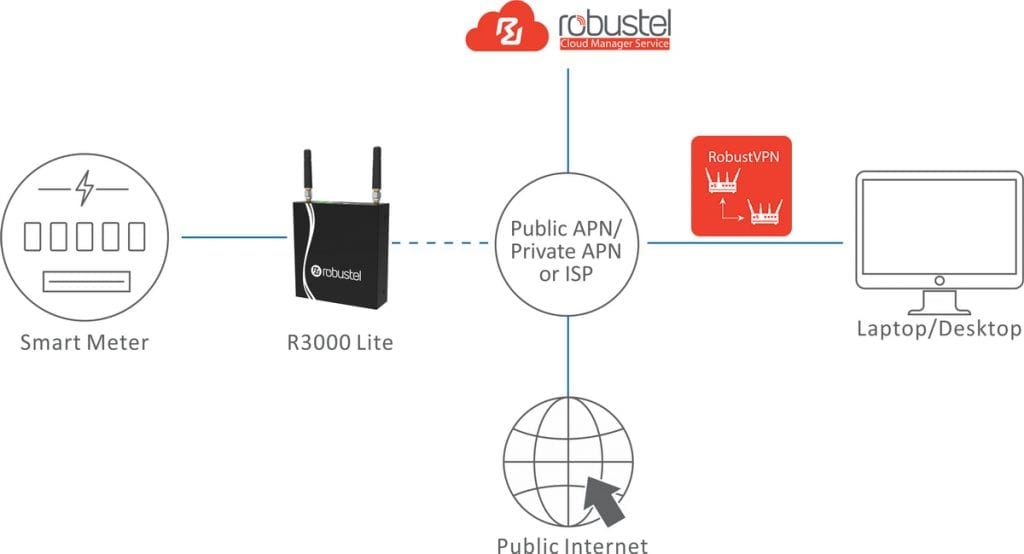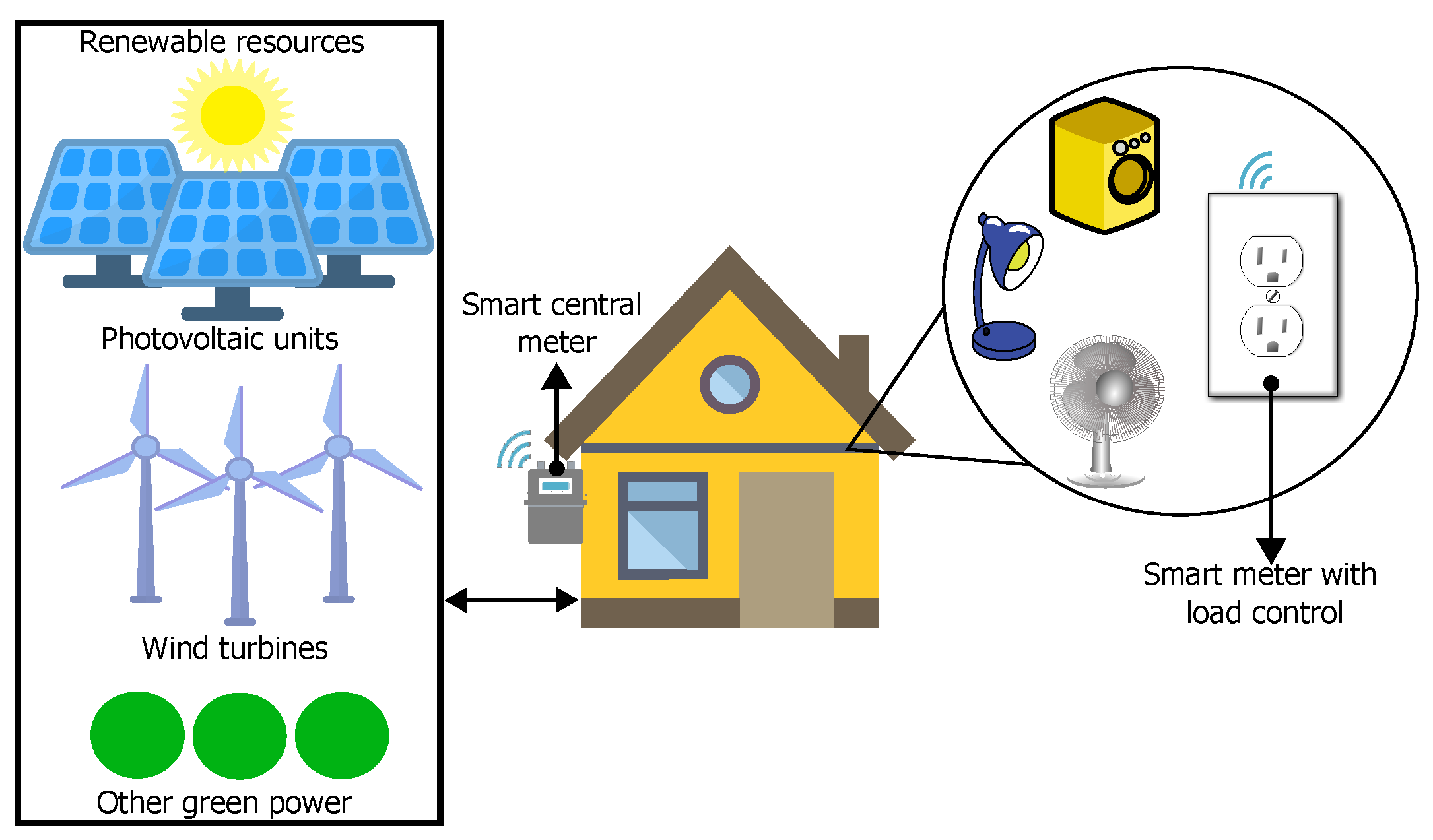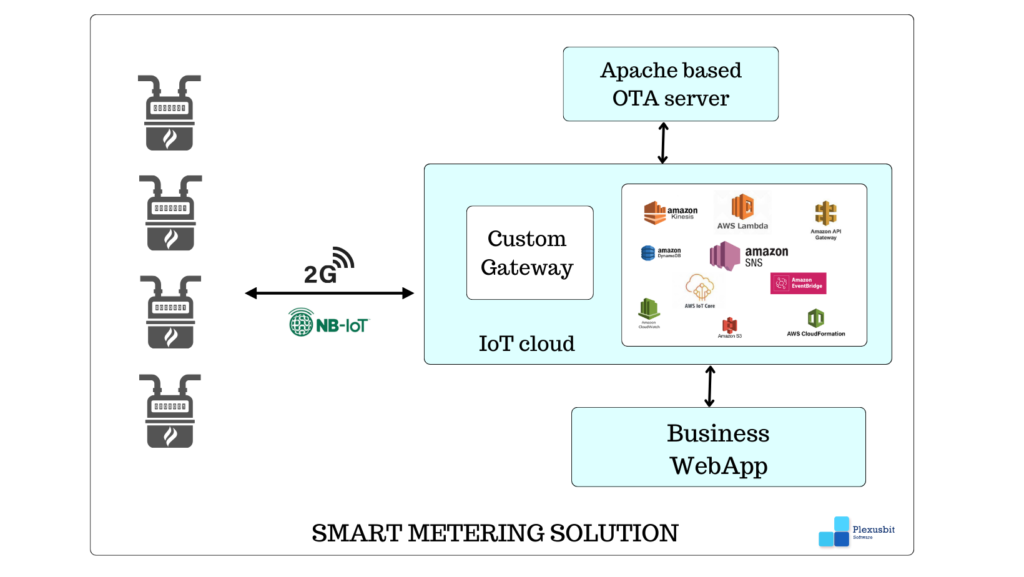Smart Meter IoT IoT Energy Metering Solution Circuit Diagram How IoT-Enabled Smart Metering Works. IoT-based smart metering works by leveraging internet-connected devices to track and measure the consumption of utilities, such as electricity, water or gas, in a building. Here's how the process works: Establish connection: The first step involves connecting the smart meter to a secure network. This

The backbone of IoT smart metering systems is the Advanced Metering Infrastructure (AMI), which assimilates smart meters, two-way communication networks, and data management systems. tampering, or temperature changes. It can also suggest solutions based on data, AI, and IoT. The use of wireless connectivity, batteries, IoT smart meters combine conventional energy meters with the IoT (Internet of Things) technology for real-time data collection and transmission. It has applications in various sectors, such as energy management, grid monitoring, and smart homes. Smart Meter IoT enables manufacturers to create interconnected systems that collect, analyze, and exchange real-time data. Let's delve into some key use cases of IOT smart metering in the realm of power consumption and water management. 1. Reinventing Power Consumption Management. In the world of energy management, smart metering IOT stands as a veritable game-changer to unlock company potentiality. Its contribution extends far beyond just recording power usage.

How IoT Enables Smart Metering Circuit Diagram
How does IoT-enabled Smart Meter work? A smart meter works, depending on its functionality, whether it is used for measuring electricity or gas. IoT-enabled smart meter uses features of embedded systems, i.e., a combination of software or hardware. To install a smart meter, there is no need to replace the existing energy meter. NB-IoT is another LPWAN and some of its biggest use cases are in the metering area, notably with smart water, smart gas metering, and smart electric metering. Cat M1, or Category M1, is an LPWAN option that has an average upload between 200kbps and 400 kbps, which is very important since in the IoT (internet of things) world, stability is Smart metering and smart grids. Using various applications for centralised reading and usage tracking, gas and electricity smart metering locally monitors customers' energy consumption. Smart meters that integrate a variety of IoT sensors are capable of collecting more and richer data in close to real-time.

The foundation of an IoT-based smart metering system is built on three pillars: the hardware, the software, and the connectivity that binds them together. This trinity is paramount in ensuring the system's efficient and reliable performance. Each component plays a critical role in the seamless functioning of the smart metering infrastructure project DiscriptionToday we will learn how to make our own IoT Based Electricity Energy Meter using ESP8266 & monitor data on the Blynk Application on mobil Building IoT-based smart metering systems. A compound annual growth rate of 11% is expected for smart meters, according to Gartner, where each type of smart meter has its own unique requirements in terms of accuracy, durability, and communication protocols. Some unique requirements when designing smart meters could be:
